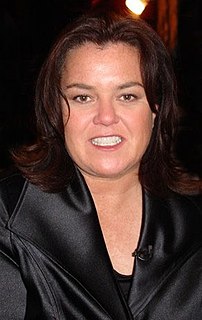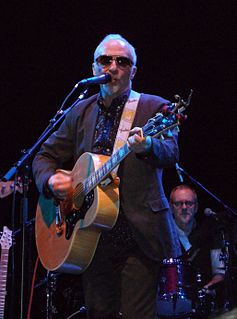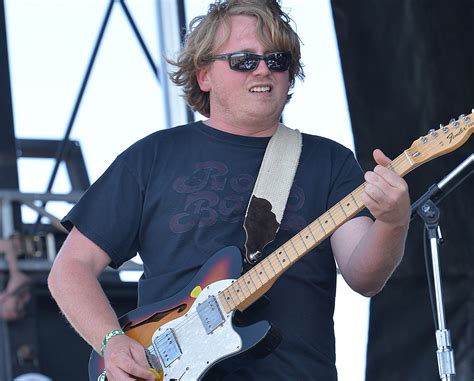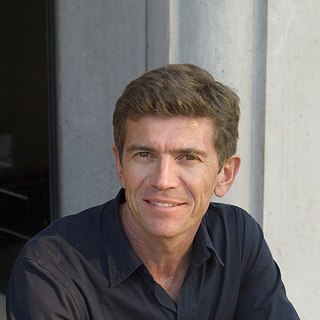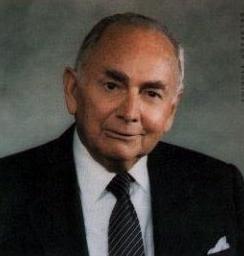A Quote by Joan Didion
Somehow writing has always seemed to me to have an element of performance.
Related Quotes
I never considered myself an Americana artist, but I'm a huge fan of old-time music from the States, the recordings that were made in the '20s and '30s. Trying to chase down the exact stylistic trappings of that stuff always felt like a dead end. That spirit of directness and economy, but also the poetic pungency of the writing and almost ugly, or raw, performance - all that seemed like the real message. I've just tried to somehow stay true to that feeling.
In the beginning I tried to accommodate everything there that was somewhere between art and garbage and that somehow seemed important to me and a pity to throw away. After a while, some sheets in the Atlas acquired another value, after all - that is, it seemed to me that they could stand on their own terms, not only under the protection of the Atlas.
There is a documentary element in my films, a very strong documentary element, but by documentary element, I mean an element that's out of control, that's not controlled by me. And that element is the words, the language that people use, what they say in an interview. They're not written, not rehearsed. It's spontaneous, extemporaneous material. People
Still, I kept writing. I had no guarantee that I would someday win awards for writing. Heavens, the only person during that time who seemed to think I could write something worth publishing was my loyal husband. But I always remembered the professor from graduate school who urged me to write and who recommended me for that first writing assignment in 1964. When I protested to Sara Little that I didn't want to add another mediocre writer to the world, she gently reminded me that if I didn't dare mediocrity, I would never write anything at all.

